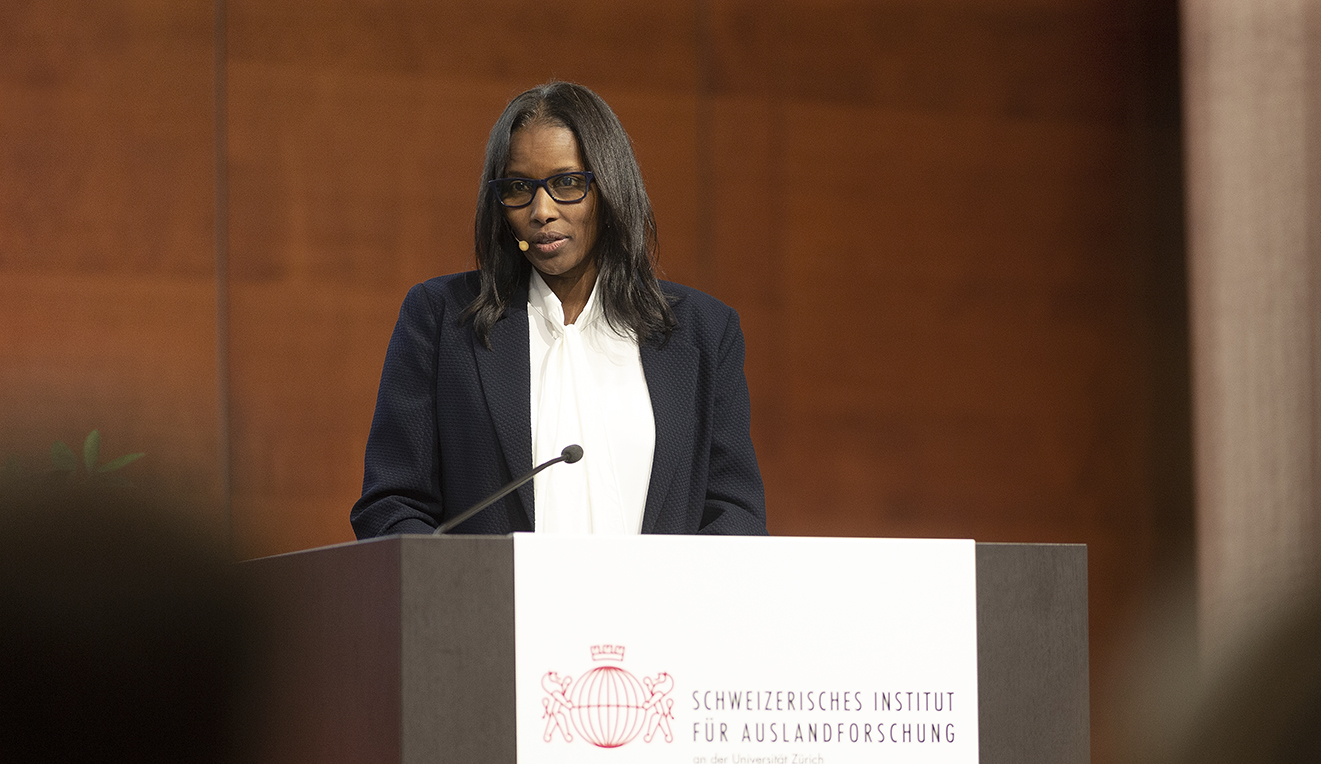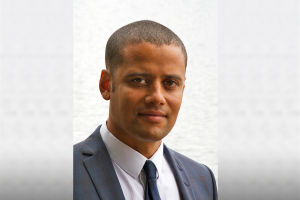An Invitation From Ayaan Hirsi Ali: “Join me and my guests in a new series of dialogues on the grave threats to the foremost freedom—free speech—and how we can defend it.”

Image credit: Frank Schirrmacher Foundation/The Swiss Institute of International Studies
Update 10/17/2023: The Ayaan Hirsi Dialogues series concludes!
Thank you to everyone who attended these inspiring and enlightening webinars featuring our Founder Ayaan Hirsi Ali in conversation about the free speech issues of the day with distinguished guests.
The series concluded on October 17, 2023. Please see immediately below for links to the recordings of all four webinars. You can also find Ayaan’s thoughts on free speech, written at the beginning of the series as an invitation but ever-relevant, below those links.
Together, let’s keep standing up for free speech!
“The right to think, to speak, and to write in freedom and without fear is ultimately a more sacred thing than any religion.”
I wrote that almost 8 years ago at the end of my book Heretic: Why Islam Needs A Reformation Now. Little did I know that these words would carry even more weight today. The need to defend free speech has become ever more urgent.
This ideal applies beyond the subject of Islam, and beyond the topic of religion more generally, of course. The right to free speech is among the most sacred things to me. It matters more than any ideology, religious or secular, because without it all other freedoms are unattainable. How can you fight for any other freedom if you can’t even speak up in defense of it?
Free speech is the first and foremost Western freedom and the West’s highest ideal—but it applies to and protects everyone, no matter who they are and where they are from. It is most advanced in the West, but it is universal, too, and people have fought and are fighting for it everywhere.
The threats to free speech are many and various, but Islamism is still a grave one, as I know personally. I have lived with security ever since my friend Theo van Gogh was murdered for making a film with me about the plight of women in Islam—because I was told I was to be next.
It is not just me, though. My friend Flemming Rose was persecuted for publishing cartoons of Muhammad in 2005. Charlie Hebdo cartoonists and staff were slaughtered for publishing more such cartoons in 2015 and 2020. In 2020, the French schoolteacher Samuel Paty was beheaded in broad daylight for showing the Charlie Hebdo cartoons in his class. In 1989, Salman Rushdie was forced into hiding for a decade and was nearly killed last year by an Islamist assassin just for writing a novel deemed blasphemous by the Ayatollah Khomeini. The effects of such Islamist violence are not just limited to its targets. In liberal democracies that once prized free speech, the threat of Islamist violence scares people into self-censoring.
These are just the tip of a very large iceberg. Islamism is far from the only threat to free speech today.
In much of the Western world, a censorious and illiberal new ideology of Critical Social Justice seeks to shut down any speech deemed “offensive” or “harmful” to marginalized groups. Media outlets bow to demands for censorship in the name of this ideology. Sensitive topics like race and gender are cordoned off from vigorous debate, even on many college campuses—and those who dare to challenge the stifling atmosphere that results from this face being cancelled and marginalized.
“In short: free speech is under attack from so many angles right now that it’s difficult to see how it can survive.”
In our effort to become more effective at addressing injustice, we have reached a new and censorious extreme. By paralyzing critical thinking, the advocates of this very ideology shut down any meaningful debate or action—which undermines their goal of securing justice for all.
Meanwhile, well-intentioned attempts to combat disinformation lead to censorship on the internet. The far right cynically portray themselves as free speech champions while seeking to impose their own intolerant ideology on society—and liberals, by being squeamish about defending free speech, make it all too easy for them. Outside of the West, theocracies and tyrannies the world over continue to punish dissent with imprisonment and violence. The brave dissidents in these countries who rely on free thought and speech as their greatest weapon now look at the West and wonder what happened.
And this isn’t the half of it.
In short: free speech is under attack from so many angles right now that it’s difficult to see how it can survive. But I refuse to give in to such pessimism. There are still many people on the frontlines defending free speech, and so long as we stand with them, we have a real chance of protecting this most precious of our hard-earned freedoms.
That is why I am inviting you to a new webinar series, The Ayaan Hirsi Ali Dialogues, where, with expert guests, I will discuss free speech, why it matters, and how we can defend it against the many threats it faces. By championing free speech publicly in this way, I hope to push back against censorship of all kinds and show that passion for free speech is alive and well in the hearts and minds of many more people than one might think.
The first webinar will take place on April 25 at 1 pm EDT/10 am PDT/6 pm CET. I will talk with the Danish author Jacob Mchangama about the many lessons we can learn today from the millennia-long battle for free speech. This webinar will be moderated by Flemming Rose, another champion of free speech against violence and intolerance. I invite you to sign up here—and please send in your questions in advance.
I can’t wait for you to join us for this webinar and to hear from you, too—because what’s the point of a webinar on free speech if the audience can’t participate? Together, let’s live out the ideal of free speech on April 25. Again, you can sign up right now, here. (If you can’t attend, please sign up regardless so that you receive the webinar recording and future updates.)
Details of future webinars and recordings of past ones will be released later (see below). I hope to see you at at least one of these. Only by standing up, together, can we ensure that the flame of liberty blazes bright for generations to come.



